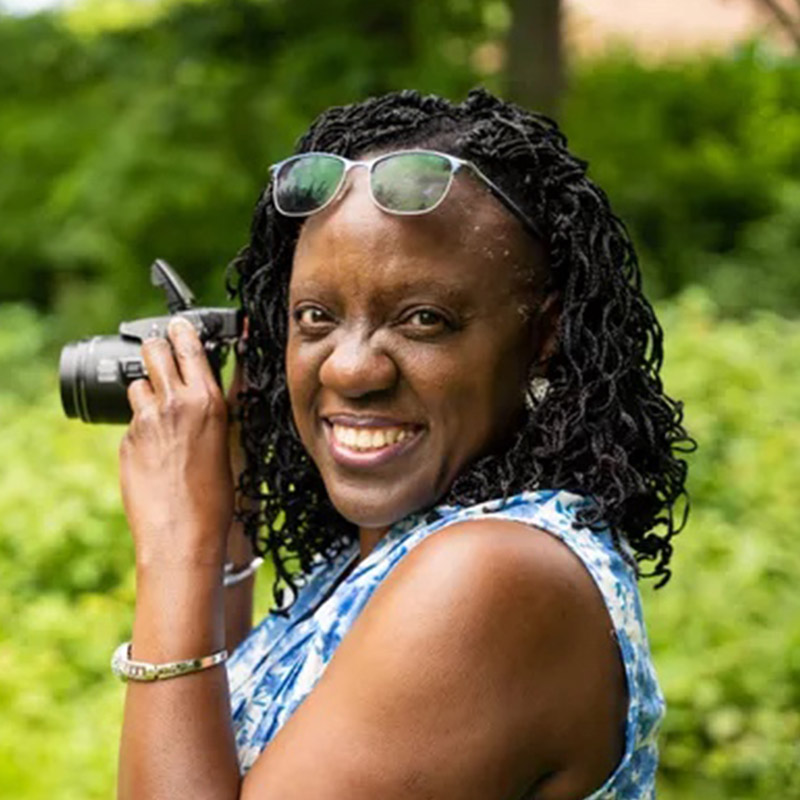
The quest for certainty in science, faith and everyday life
“The results were statistically significant” is a phrase we commonly hear in reference to clinical or other types of research. In simple terms, it tells us that the results are not likely to have been due to chance alone. Despite the level of certainty that often gets associated with this phrase, statistical significance doesn’t actually tell us whether our findings have any clinical or “real world” relevance. A new blood pressure medication may drop the systolic blood pressure by two points, but will this make any difference in terms of clinical outcomes? Probably not. Unfortunately, research findings are often presented in a manner that can be very misleading, even if factually accurate.
Assumptions and Limitations
Some people may erroneously assume that a statistically insignificant result proves that the “null hypothesis” is true. Statistical significance does not “prove” anything. It simply tells us that the results we obtained are unlikely to have been solely due to chance, if the null hypothesis is true. Inherent in this conclusion is the assumption that the null hypothesis is true, which may or may not be the case. I sometimes wonder about how research findings would be received if people knew about all the assumptions involved in the process of data analysis.
Uncertainty is encountered on a regular basis in clinical settings, even when we strive to make “evidence-based” decisions. Let’s say we conducted a clinical trial comparing a new medication for hypertension, Drug A, against an existing treatment, Drug B. The results were astounding! Drug A led to lower blood pressures, compared to Drug B. The results were statistically significant!
The knee jerk reaction may be to conclude that Drug A is definitely the preferred treatment. But then, how about if we took a closer look at the study results and found out that, along with lower blood pressure, participants who took Drug A had significant side effects, such as fainting spells? What if the death rates from all causes were higher among those who took Drug A? Should we still recommend it?
What if a patient is allergic to Drug B, and Drug A is the only available drug?
This hypothetical scenario is the sort of thing that happens routinely in clinical settings. There is a lot more to clinical decision making than simply applying the results of the most recent research to each patient. In addition to the nuances of proper interpretation of research results, each patient’s individual medical history, in addition to other factors, has to be taken into consideration. Lack of certainty is something that clinicians need to learn to deal with, despite the fact that much of our training conditions us to think we should always have the “right” answer. Dealing with uncertainty tends to be uncomfortable in the clinical setting and beyond. Let’s take a look at the concept of uncertainty when it comes to matters of faith.
Is faith the absence of doubt?
While in the process of writing this essay, I found out that there is a book with the same title. I haven’t read the book, but have visited the website, where the author, Mark Scahefer, states that the book will help the “Certain” let go of their need for certainty, while helping the “Uncertain” realize that there is virtue in doubt.
As a child, I must have said some version of the “Sinner’s Prayer” more times than I can remember, because I kept hearing some variation of the message that I had to be “sure of my salvation” or “sure I would go to heaven if I dropped dead this minute”. Such messages only worsened my undiagnosed anxiety and obsessive- compulsive traits, rather than instilling faith.
Claims of certainty in subjective matters
I used to wonder how people who claimed to hear the voice of God could be so sure they were hearing from God. Of course, it seemed like I must have been the one with the problem; perhaps if I were more “spiritual,” I, too, could hear the voice of the Almighty. I finally came to realize that the fact that people say they are sure about something (especially when it comes to something as subjective as hearing God’s voice), doesn’t mean that they are sure at all. Their own need for certainty is often what is at play, and people will frequently say “God told me to,” as a justification for doing what they wanted to do anyway.
According to Schaefer, only those who truly embrace doubt can have a powerful and meaningful faith. I’m not sure how he proves this in his book, but I can say that faith is certainly not the absence of doubt. If we were one hundred per cent certain about everything, we wouldn’t need faith. In an essay about “crucifying the sin of certainty”, Eric Sentell writes that some people “act as though their faith depends on their beliefs rather than their relationship with God.” His essay includes descriptions of people’s experiences with crippling doubt, such as praying the Sinner’s Prayer and then questioning if they really meant it, similar to my childhood experience described above. Sentell adds that equating certainty of belief with having a strong faith sets a person up for a life of anxiety and fear, which is then used to enforce conformity. Conforming to a set of rules as a result of fear is not living a life of faith at all. It is much healthier for us to let go of our fear and embrace the practice of true faith, which is not focused on certainty, but rather on loving God and our neighbors.
Uncertainty will be encountered in science, medicine, faith and virtually every aspect of daily life. We need to learn to embrace it.














